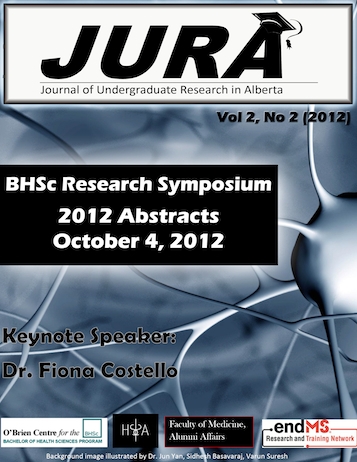Neuroenhancement: Technology to Policy
Abstract
Cognitive enhancement and so-called ’neuroenhancement’ refer to the use of pharmaceuticals, natural products and devices by healthy individuals to improve cognitive and neuro abilities above what is considered normal or average for the human body. Neuroenhancement has generated discussion and controversy in academic and public spheres alike1,2. We conducted a scoping literature review pertaining to the neuroenhancement of healthy individuals with the intention of helping to inform future research directions and discussions with respect to neuroenhancement. We drew literature from the following databases: JSTOR, ScienceDirect, PubMed, EBSCO-Academic Search Complete, Web of Science and Scopus (Elsevier). In order to meet inclusion criteria, articles had to be available in full-text English and address neuroenhancement in a non-rehabilitative fashion. This led to in-depth thematic analysis of 61 articles. We found that the identified ethical issues existed on three levels: individual, institutional and societal. Additionally, we found that non-pharmaceutical modes of neuroenhancement were largely excluded from discussion. The issues that were deemed most important pertained to safety, efficacy, and the influence on identity that neuroenhancements could have. Finally, implications and future research directions are discussed.
Downloads
Published
Issue
Section
License
Authors retain all rights to their research work. Articles may be submitted to and accepted in other journals subsequent to publishing in JURA. Our only condition is that articles cannot be used in another undergraduate journal. Authors must be aware, however, that professional journals may refuse articles submitted or accepted elsewhere—JURA included.


